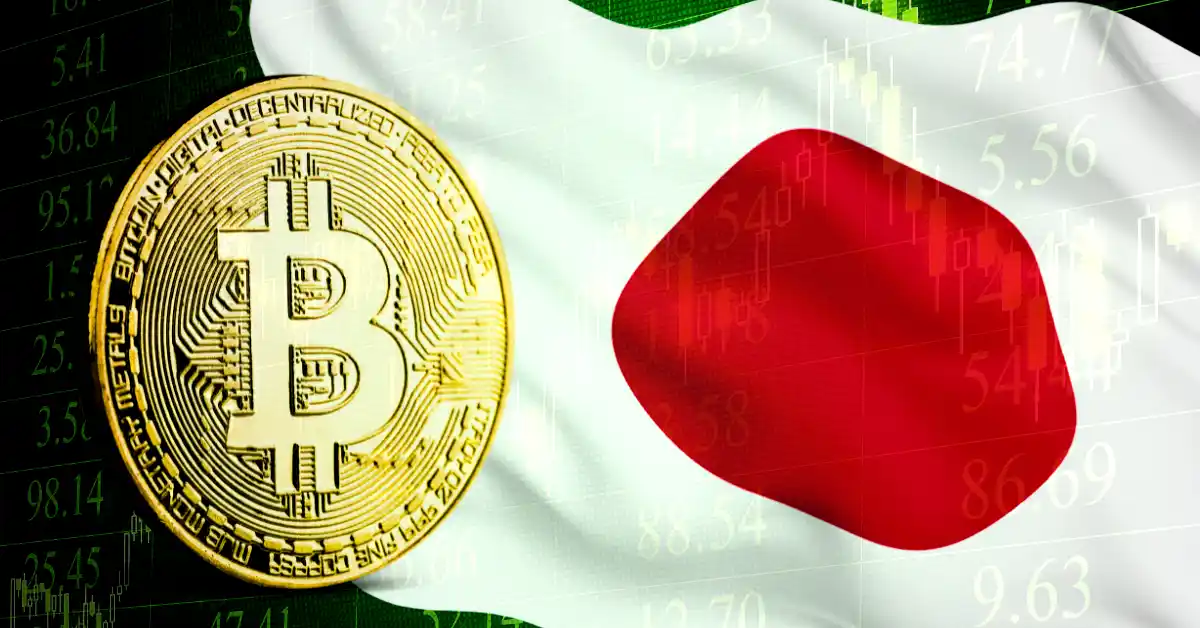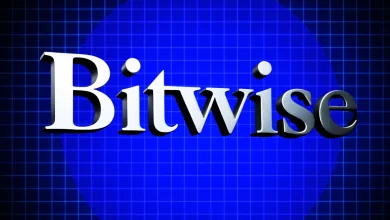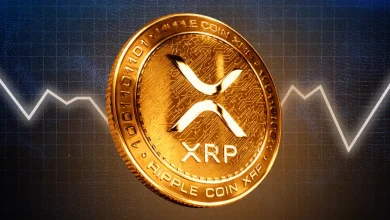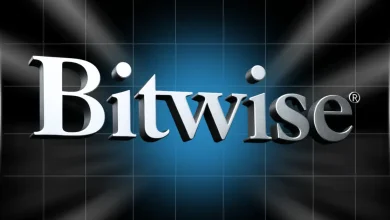
Japan plans to cut crypto capital gains tax from up to 55% to a flat 20%, easing the burden on investors.
Cryptocurrencies could be reclassified under the Financial Instruments and Exchange Act.
Reclassification would enable regulated spot Bitcoin ETFs in Japan.
Japan is pushing for sweeping financial reforms as part of its goal to become an “asset management nation.”
According to a report from Nikkei, the Financial Services Agency (FSA) is advancing proposals on tax reforms and reclassifying digital assets, potentially paving the way for cryptocurrency exchange-traded funds (ETFs).
Japan Aims to Cut Crypto Taxes
Japanese crypto investors currently face some of the toughest tax rules in the world. Profits from digital assets can be taxed as high as 55%, far higher than the flat 20% applied to stocks and bonds.
The FSA is proposing to bring crypto under that same 20% bracket and let investors carry forward losses for three years. The move is meant to cut the burden on traders, boost market activity, and rebuild trust.
Japan is moving to classify cryptocurrencies as financial products under the Financial Instruments and Exchange Act. This would align digital assets with stocks and bonds, enabling stricter oversight on insider trading and disclosure, and make way for a spot Bitcoin ETF.
The State of Crypto Adoption in Japan
While Japan’s crypto market is growing, domestic trading is set to double from $66.6 billion in 2022. But the retail adoption remains weak, with 88% of residents never owning Bitcoin. Heavy taxes and regulatory uncertainty have been the key barriers.
The simplified tax rules, combined with regulated crypto ETFs, may finally encourage more people to participate.
Stablecoins and New Investment Products in Japan
Building on these reforms, Japan is also preparing to expand digital finance products. The country Japan may soon approve its first yen-pegged stablecoin, possibly by fall 2025. SBI Holdings, Japan’s financial giant, also plans to launch RLUSD in Japan by early 2026, with SBI VC Trade as distributor.
These moves signal Japan’s ambition to expand digital finance while keeping tighter regulations in place.
FSA’s Roadmap for 2026
Japan’s FSA will set up a new bureau in 2026 to oversee insurance, asset management, and digital finance. The reform follows insurance scandals and aims to restore trust, strengthen oversight, and support growth in emerging markets like crypto.
Japan is also tightening its crypto rules by shifting oversight from payment laws to investment-style regulation. An FSA working group is reviewing stricter disclosure for fundraising tokens, clearer rules for Bitcoin, and tougher measures on fraud, taxation, and investor protection.
The FSA’s bold reforms could turn Japan into the bridge between traditional markets and digital assets
Never Miss a Beat in the Crypto World!
Stay ahead with breaking news, expert analysis, and real-time updates on the latest trends in Bitcoin, altcoins, DeFi, NFTs, and more.
FAQs
Japan’s FSA proposes cutting crypto tax from up to 55% to a flat 20%, aligning it with stocks and allowing loss carry-forwards for three years.
Reclassifying crypto as financial products could pave the way for spot Bitcoin ETFs in Japan.
A new bureau will oversee asset management, insurance, and digital finance reforms.
Trust with CoinPedia:
CoinPedia has been delivering accurate and timely cryptocurrency and blockchain updates since 2017. All content is created by our expert panel of analysts and journalists, following strict Editorial Guidelines based on E-E-A-T (Experience, Expertise, Authoritativeness, Trustworthiness). Every article is fact-checked against reputable sources to ensure accuracy, transparency, and reliability. Our review policy guarantees unbiased evaluations when recommending exchanges, platforms, or tools. We strive to provide timely updates about everything crypto & blockchain, right from startups to industry majors.
Investment Disclaimer:
All opinions and insights shared represent the author's own views on current market conditions. Please do your own research before making investment decisions. Neither the writer nor the publication assumes responsibility for your financial choices.
Sponsored and Advertisements:
Sponsored content and affiliate links may appear on our site. Advertisements are marked clearly, and our editorial content remains entirely independent from our ad partners.







